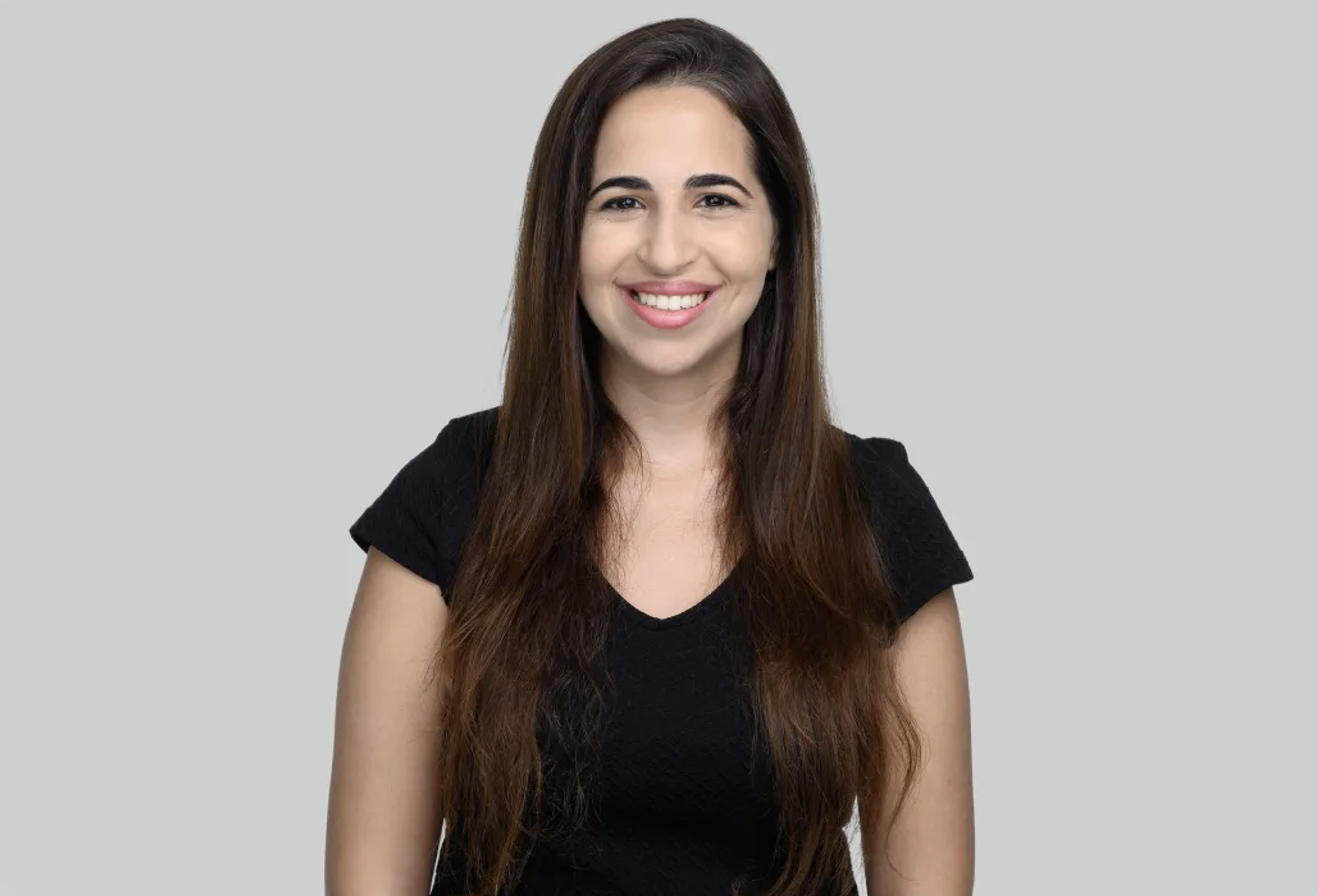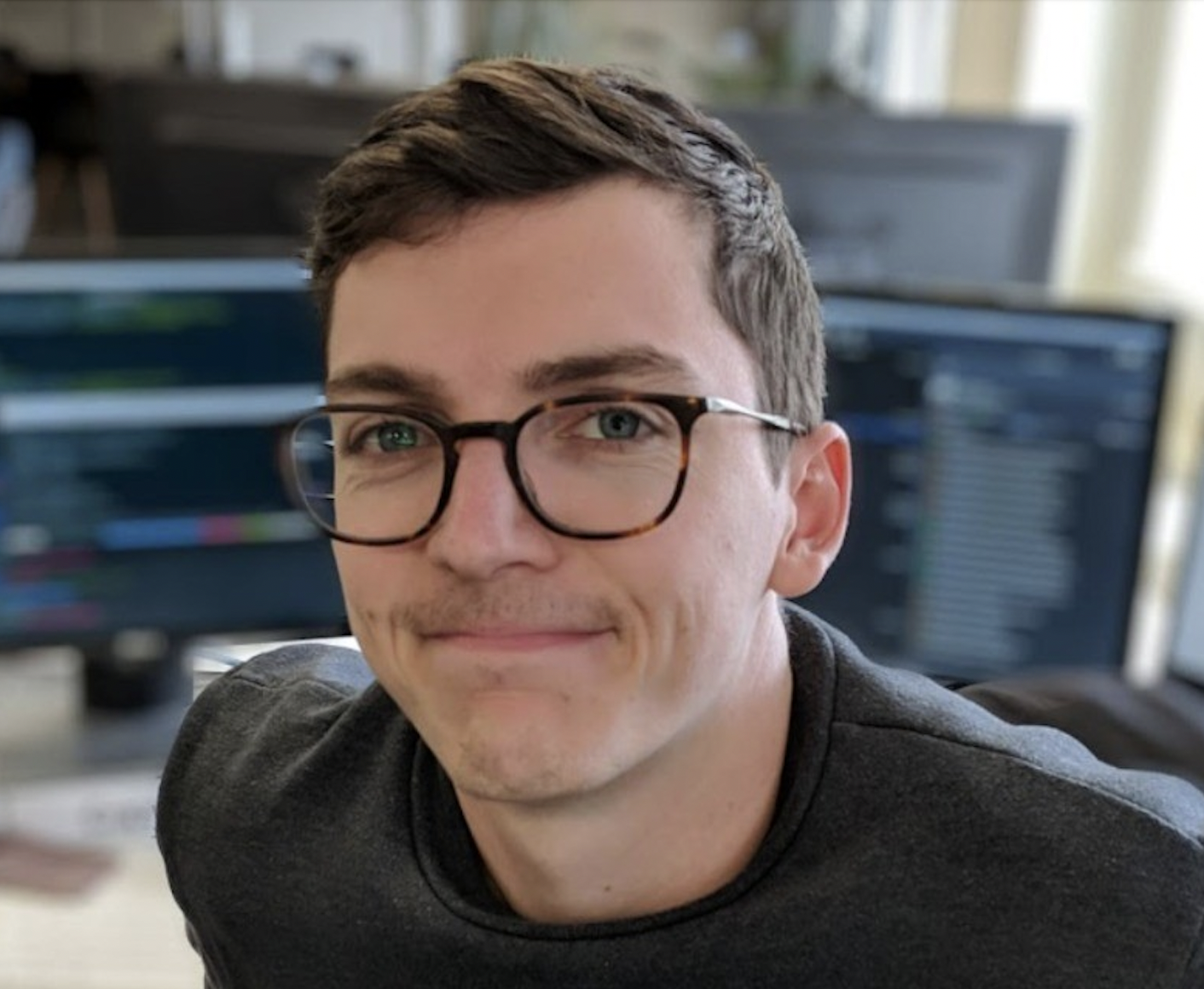Seal Security has built the first platform that enables security teams to automate and scale their vulnerability remediation efforts while enabling R&D teams to ensure code security without compromising application stability. Seal leverages large language models to create a pipeline of patches that cover the vast majority of critical and high severity known vulnerabilities discovered over the last several years.
We recently sat down with Shaked Shauli, a DevOps Lead at Seal Security, to learn more about what it’s like working at an early-stage cybersecurity startup. Our conversation touched on her career path, challenges in the startup world, and her role as an engineering leader at Seal Security.
Interview
What sparked your interest in software engineering and led you to pursue it as a career? Please share a bit about your journey.
My interest in software engineering began during my time in the Israel Defense Forces (IDF). I served in Unit 8200 and worked in IT security, where I first-hand witnessed the power of automation in software development. This experience drew me towards DevOps and its role in optimizing IT workflows.
After completing my military service, I became the first DevOps engineer at Cybereason, a cybersecurity company focused on preventing modern ransomware attacks. There, I applied my DevOps skills acquired from the IDF, gaining a deeper understanding of the requirements of both production and R&D workloads, as well as the delicate balance between rapid releases and product stability.
Later, I joined Curv, a venture-backed digital asset wallet security startup. At Curv, I tackled unique challenges around blockchain technology and managed a fast-growing team. Leading my organization through Curv’s acquisition by PayPal’s made me realize how much I love managing others while still being in the weeds of daily problems.
After staying at PayPal for a bit, I decided to return to the startup world, joining Seal Security as their second employee in March 2023. While I initially focused on DevOps, my role quickly expanded to also include backend tasks. Now I lead a diverse team of frontend, backend, and full-stack engineers.
Transitioning from a few small startups to PayPal was a huge shift, it taught me how large corporations operate, but I truly love the hustle of young companies. In addition to my role at Seal Security, I also provide DevOps advisory to some startups – I’m passionate about DevOps and love helping others improve their processes, identify relevant technologies to adopt, and avoid common pitfalls that startups face.
What specifically drew you to Seal Security?
I was specifically drawn to Seal by the caliber of its founding team, and the company’s clear vision for innovation in cybersecurity. They were solving an unsolved problem, and this was very exciting. There was no single moment where I knew I was in the right place, but rather a series of interactions and observations. The founders’ commitment to a collaborative environment and the opportunity to contribute meaningfully to the company’s growth from its earliest days resonated deeply with me. My expertise and values, as well as the challenges the company was tackling seemed to align seamlessly.
Having been with Seal for over a year now, I’ve found that my expectations for my journey here have matched up with the excitement of my day-to-day.During the interview process, people hear about the culture in a certain way, but they don’t know how it really is until they start working with the team. I’m glad to say I found such a supportive environment at Seal. We’re not big on job titles. What matters most is our collective progress and the impact we are all making as a team. Being in a startup means being ready to roll with whatever comes our way, and I’ve embraced that with open arms.
What is the most significant challenge in your role, and how do you approach it?
Each day, I manage a very broad range of individual tasks while also leading my team with an emphasis on collaboration. I try to get others on the same page, while I am sometimes on my own page, but this is how a startup operates at times.
For instance, as the only person focused solely on DevOps at the company, I focus on infrastructure management, CI/CD pipelines, and system monitoring. While staying on top of all these, I lead others in the R&D org through backend and frontend development, handling tasks such as code writing and reviewing, debugging, and releasing new features.
As a leader, I try to prioritize clear communication and delegation within my team and the company. We’ve implemented agile methodologies and emphasize cross-functional collaboration to ensure we can adapt quickly to challenges.
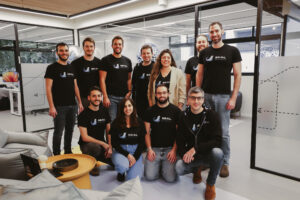
What makes the engineering team at Seal Security stand out?
We have exceptional talent on our team, and we work together in a way like I have never experienced before. We are always in communication, constantly reinventing ourselves to solve the challenges of the day.
For instance, in short periods of time, we’ve had to dive deep into emerging technologies like serverless architectures and microservices. While our R&D team is experienced, adapting to these new paradigms demands a steep learning curve and a heightened sense of transparency amongst the team. I’ve been very impressed by our team’s proactive approach to this. Rather than shying away from the challenge, they have actively contributed ideas and enhancements to internal tooling, which have quickly become integral to our daily workflow.
Maybe it’s because of the fast-paced nature of working in a startup, but we support and help each other to become the best versions of ourselves and create an excellent product. In the rapidly evolving field of cybersecurity, I’ve learned that we need to be adaptable and embrace change to stay ahead of the curve. We believe in continuous learning, regularly holding brainstorming sessions in which we encourage team members to share their perspectives on emerging technologies.
How would you describe the company’s culture in three words?
When I think of Seal in a few words, it’s collaborative, innovative, and supportive. Our culture revolves around teamwork and mutual support. Working here gives me a sense of unity. I like that we have diverse perspectives, and we leverage our different backgrounds to make better informed decisions.
Innovation and creativity are at the core of our values, as we encourage everyone to think beyond conventional boundaries and explore fresh approaches to solving problems. This culture of innovation enables us to stay at the forefront of the rapidly evolving cybersecurity landscape.
Our primary focus always remains on meeting customer needs while simplifying complexity. Each month, our product manager presents successful new features that we launched to the whole team, and we celebrate these achievements together. Each day, we start with a quick team update, where everyone shares progress and acknowledges completed tasks with the whole R&D org.
There’s a very strong sense of support and camaraderie at Seal. Whether it’s lending a hand with a challenging task, or cheering on each other’s accomplishments, we prioritize creating a positive work environment where every individual feels valued.
Have you ever pitched an idea that seemed crazy on the surface, but ended up being embraced at Seal Security?
All the time, and this is a huge part of who we are.
There was a specific instance when I came up with the idea to forgo traditional integration tests in favor of fast unit tests coupled with very small releases. A microservices architecture then seemed risky and unconventional on the surface, but we all came together and discussed its potential benefits, including increased agility, faster development cycles, and improved scalability. Ultimately, the idea was embraced, and its implementation has proven successful, noticeably enhancing our development processes. So yes, we debate, test, and try new ideas all the time. In this case, the approach I proposed was not only warmly embraced, but also implemented across all R&D departments.
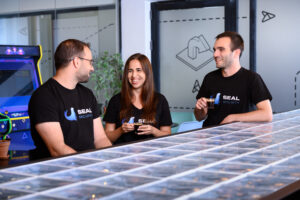
What career advice would you give to aspiring software engineers that want to join a startup?
Prioritize perseverance and team alignment.
Be ready to voice the things you believe in, whether it’s a new technology, a particular development approach, or a product feature. Startups thrive on innovation and bold ideas, so don’t hesitate to advocate for what you think will drive success.
Finding the right team members is crucial. Surround yourself with talented and passionate individuals who share your vision and values. A supportive and collaborative team can make all the difference in navigating the inherent challenges and uncertainties in startup environments.
By staying true to your convictions and surrounding yourself with the right team, you’ll be better equipped to contribute meaningfully to the success of the startup and advance your career as a software engineer.
Looking ahead, how do you envision the company evolving in the near future? What are you most excited about?
Looking to the near future, I envision Seal Security growing in several exciting ways. One key area that I am excited about is the expansion of our AI capabilities, we are constantly testing out new features that are very exciting. Additionally, our teams continue to grow stronger as we attract and onboard amazing talent who share our passion for innovation and excellence. I am always particularly excited about hearing stories of our positive impact on our customers, and I am looking forward to solving more problems for the cybersecurity industry as a whole.
To learn more about Seal Security, check out our investment thesis, their website, and open jobs.
Related Articles
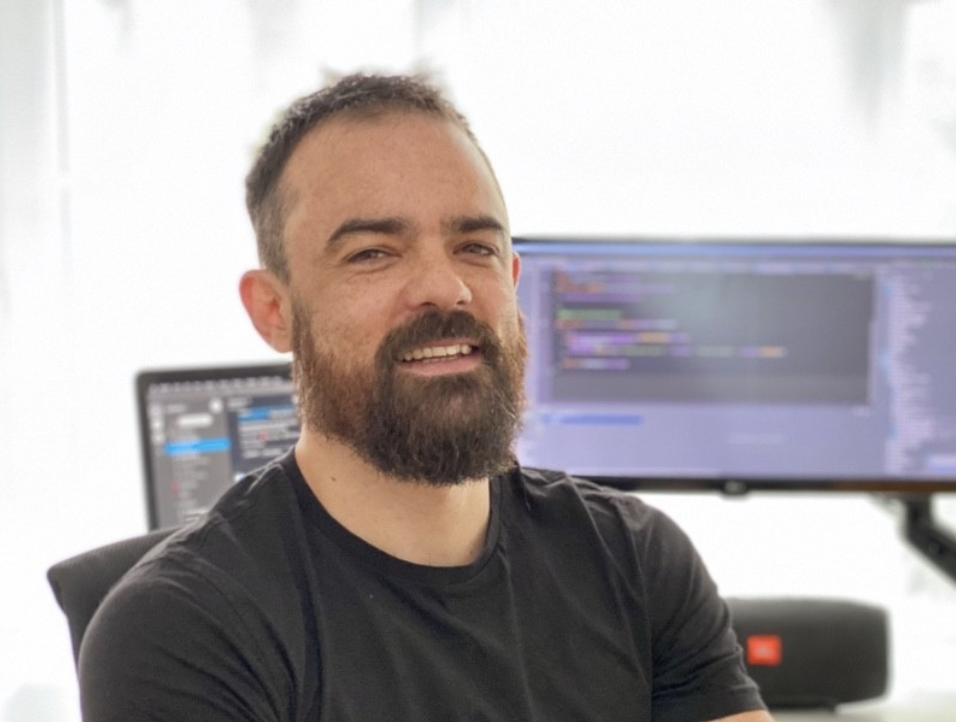
Inside Hook: A Day in the Life of Engineering Leader Nic Parry
We recently sat down with Nic Parry, a Senior Software Engineer at Hook, to explore what it's like working at…
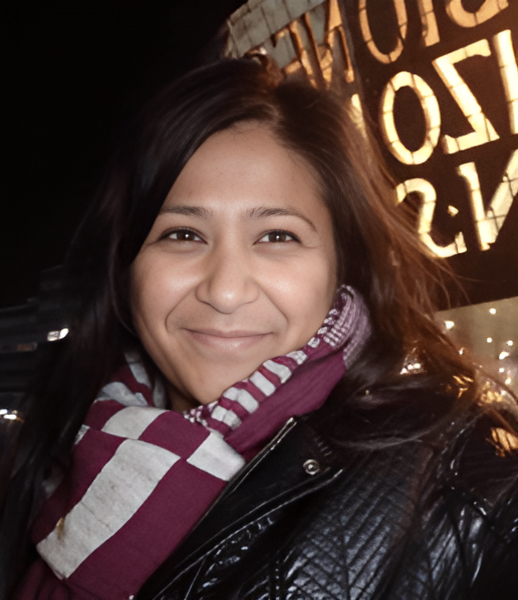
A Day in the Life at Chainalysis with Leena Mooneeram
We recently sat down with Leena Mooneeram, a Senior Engineer in the Platform team at Chainalysis, to learn more about…
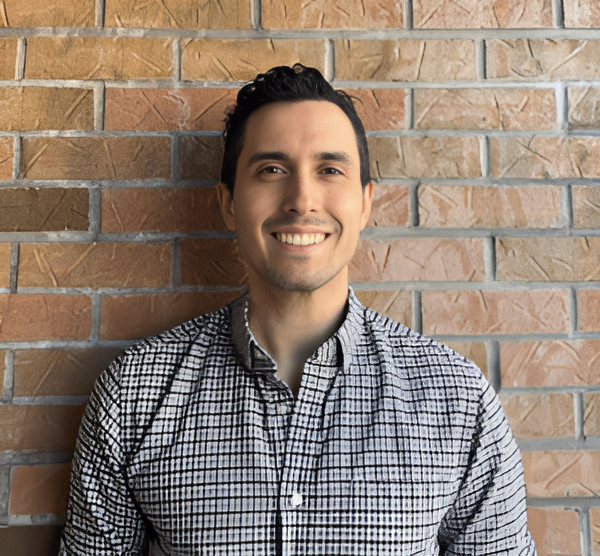
A Day in the Life at Aktos with Alvaro Atienza
Crew Capital recently sat down with Alvaro Atienza, Staff Site Reliability Engineer (SRE) at Aktos, to learn more about what…




